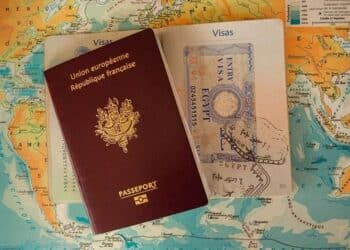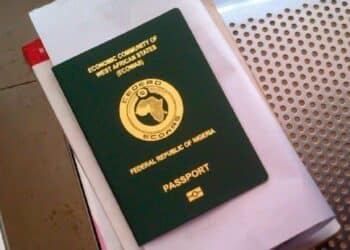The global vaccination rollout and increased adoption of digital solutions for safe travel should lead to a rise in international mobility over the weeks and months ahead, the latest data from the World Tourism Organization (UNWTO) indicates.
According to the newest edition of the Travel Restrictions Report from the United Nations specialized agency for tourism, as of 1 June, 29 per cent of all destinations worldwide have their borders completely closed to international tourism. Of these, more than half have been completely closed to tourists since May 2020 or longer, with the majority of these belonging to the Small Island Development States of Asia and the Pacific. In comparison, just three destinations (Albania, Costa Rica, Dominican Republic) are completely open to tourists, with no restrictions now in place.
Evidence-based measures and cooperation
One in three (34 per cent) of all destinations are partially closed, and 36 per cent request a negative COVID-19 test result upon arrival, in some cases in combination with a requirement to quarantine. The data confirms the trend towards destinations adopting more nuanced, evidence-and-risk-based approaches to restrictions on travel, particularly in light of the evolving epidemiological situation and the emergence of new variants of the virus. Indeed, 42 per cent of all destinations have introduced specific restrictions for visitors from destinations with variants of concern ranging from the suspension of flights and closing of borders to compulsory quarantine.
Additionally, since most of those destinations with the strictest measures have some of the lowest rates of vaccination, the data also indicates a link between vaccination speed and easing of restrictions. In comparison, those destinations that have higher rates of vaccination and where countries are able to work together on harmonized rules and protocols such as those being employed in the Schengen area of the European Union, are better-placed to allow tourism to slowly return.
“Governments are instrumental for the restart and recovery of tourism through collaboration, use of data and digital solutions”, says UNWTO Secretary-General Zurab Pololikashvili:
Different paces
Regional differences with regard to travel restrictions remain. 70 per cent of all destinations in Asia and the Pacific are completely closed, compared with just 13 per cent in Europe, as well as 20 per cent in the Americas, 19% in Africa and 31 per cent in the Middle East.
Assessing current requirements for vaccinated passengers, 17 per cent of all destinations worldwide specifically mention vaccinated passengers in their regulations. In most cases, travel restrictions continue to apply to fully vaccinated passengers (who have received two doses of an approved vaccine), though, in others, all restrictions are lifted. UNWTO expects that this will significantly evolve over the coming weeks.
The report indicates that the restart of global tourism will remain muted so long as governments continue to advise caution. Four of the 10 top source markets keep advising their citizens against non-essential travel abroad (these four generated 25 per cent of all international arrivals in 2018).









